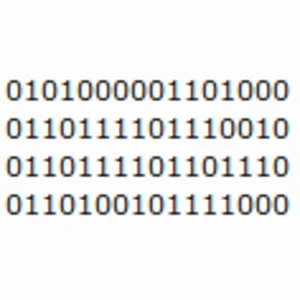
Russian cybersecurity firm Kaspersky Lab announced that it’s bringing its flagship Kaspersky anti-virus software for home users over to Linux. Kaspersky software was previously available for Linux just for business/enterprise deployments.
While still being banned for sales to US customers and also blocked for use by other governments on their devices due to Kaspersky’s reported connections to the Russian government, Kaspersky for Linux has been announced for home users.
Kaspersky for home users provides AI-powered anti-virus, anti-phising protections, online payment protections, and other stated features. In Kaspersky’s announcement of their Linux home offerings, they wrote:
“If you thought Linux was immune to cyberthreats, it’s time to rethink that view. The number of malicious programs targeting this OS has increased 20-fold over the past five years! These threats include miners, ransomware, and even malware embedded into the source code of popular applications. For instance, last year’s attack involving a backdoor in the XZ archiving utility, which is built into many popular Linux distributions, could have become the most widespread attack on the Linux ecosystem in its entire history.Beyond viruses, Linux users face other threats that are common across all platforms: phishing and malicious websites, as well as theft of passwords and banking and personal data.
As interest in Linux-powered devices grows year after year, we want to ensure our users have 100% protection across every operating system. To achieve this, we’ve adapted our business security solution, which has been used worldwide for years, to meet the needs of home users.”
A bit overblown and most Linux users are fine without antivirus. Their Linux operating system requirements amount to:
“Kaspersky for Linux supports major 64-bit Linux distributions, including Ubuntu, ALT Linux, Uncom, and RED OS.”
For anyone curious about Kaspersky for home Linux users can find their announcement at Kaspersky.com. Besides the difficulties from various governments, Kaspersky also notes their Linux software is not yet GDPR compliant as another potential complication.
For those looking for alternative Linux anti-virus/malware protections and more while being open-source, there is ClamAV as a leading option for Linux users.
